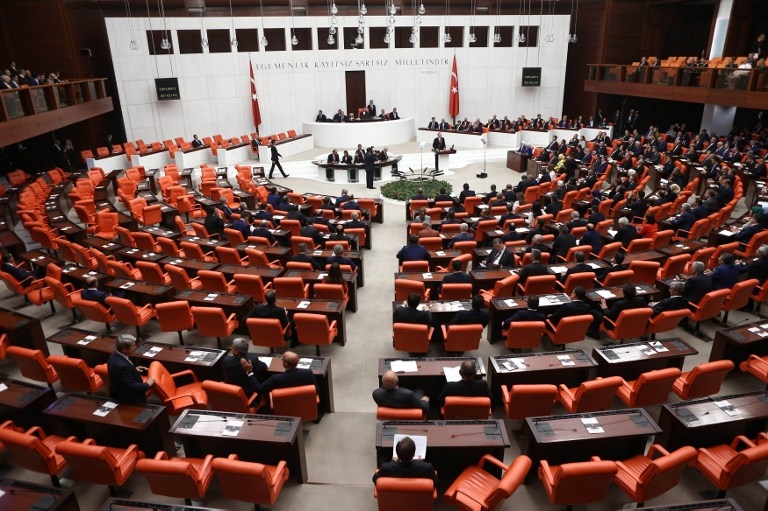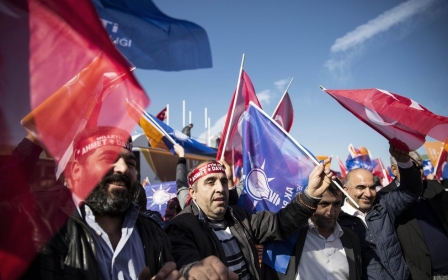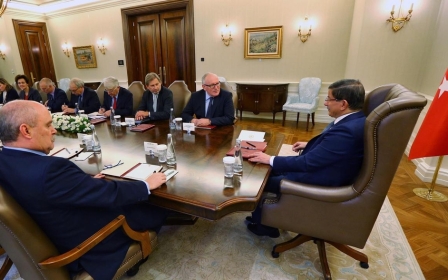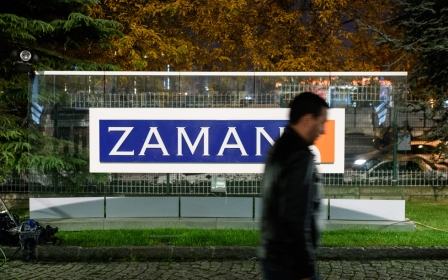Turkish parliament gathers for first session after elections

Turkey's new parliament had its first plenary session on Tuesday, five days after the country's Supreme Election Board (YSK) revealed the official results from the 1 November general election.
The oath-taking ceremony, part of the plenary session, is the first procedure to start the formation of a new government following the snap elections.
Most of the national assembly members were re-elected earlier this month after failed attempts to form a coalition government following the 7 June elections when the ruling Justice and Development Party (AKP) lost its single-party rule after 12 years in power.
Deniz Baykal, the former leader of the main opposition Republican People’s Party (CHP), who has been the parliamentary speaker since June, will continue to hold the temporary post until the parliament elects its speaker.
The newly elected lawmakers will select the parliament's 27th speaker via secret ballot on 22 November.
Following the oath-taking ceremony, Turkish President Recep Tayyip Erdogan is expected to commission Prime Minister Ahmet Davutoglu to form the new government which is expected to be announced on Thursday, according to the Turkish Daily Hurriyet News.
As per protocol, Davutoglu will engage political party leaders in cooperating to form the upcoming parliamentary agenda.
Davutoglu will reportedly discuss AKP's plans to change the parliament’s internal regulations which currently restrict the political opposition's right to speak on the assembly floor.
The regulation has been an issue of contention between the ruling and opposition parties, which have demanded the right to speak.
With the snap elections, the drafting of the entire year's budget was delayed, and the government was also scheduled to discuss plans for legislation that will regulate the budget temporarily for the next three months.
Middle East Eye propose une couverture et une analyse indépendantes et incomparables du Moyen-Orient, de l’Afrique du Nord et d’autres régions du monde. Pour en savoir plus sur la reprise de ce contenu et les frais qui s’appliquent, veuillez remplir ce formulaire [en anglais]. Pour en savoir plus sur MEE, cliquez ici [en anglais].




